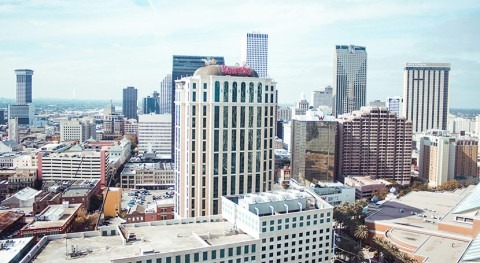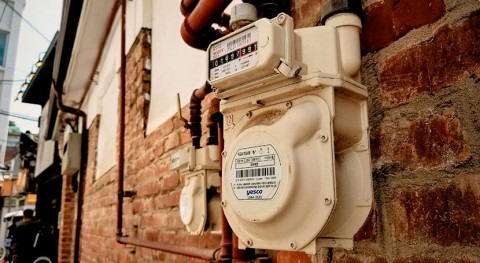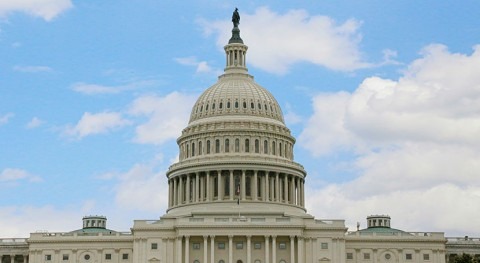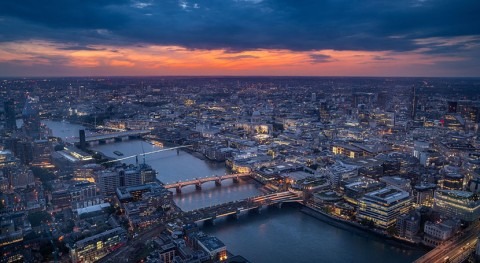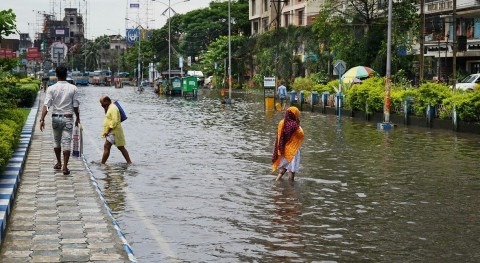Last week the announcement of Indonesia’s President Joko Widodo to move the country’s capital to the island of Borneo made the world news. While the idea dates back from the mid-20th century, it had been discussed in recent months as Widodo’s government reviewed plans to relocate the city Jakarta.
The urban area surrounding the current capital, home to some 30 million people, suffers from traffic congestion, land subsidence and flooding due to groundwater overdraft and other woes derived from poor urban planning in the past few decades while the city experienced rapid growth. President Jokowi argues that shifting the capital city will decentralize power out of the island of Java and spread wealth to the country’s other islands.
Further analyses point to the fact that relocating about 1.5 million bureaucrats and their families will not solve Jakarta’s problems, as Bloomberg reports, but will also cause widespread environmental damage in the island of Borneo, as the risk of forest fires will increase. The province of Kalimantan, where the new capital would be built, is home to protected forests and endangered orangutan populations, and is already threatened by environmental degradation due to competing land uses such as coal mining and palm oil plantations.
The cost of moving the capital has been estimated in 466 trillion rupiah ($32.7 billion), while another 571 trillion rupiah ($40 billion) plan is being finalised to address problems in the city of Jakarta, which would remain the centre of business, trade and services.
Other Asian cities suffer similar environmental and mobility challenges as Jakarta. In China, more than 50 cities, one of them Shanghai, have to deal with sinking caused by groundwater overdraft and rampant development, while elsewhere, Dhaka, Manila and Bangkok also face similar challenges. Traffic congestion and air pollution ail many Asian cities.
The causes can be traced to governance failure during decades of fast urban development, with governments unable to regulate land use. Often countries resorted to technocratic solutions like seawalls, removing communities from flood plains or relocating a capital, as Indonesia intends to now. However, the experience of other countries in the Asian continent shows that moving Indonesia’s capital may only divert resources and attention from the very pressing issues Jakarta faces.





